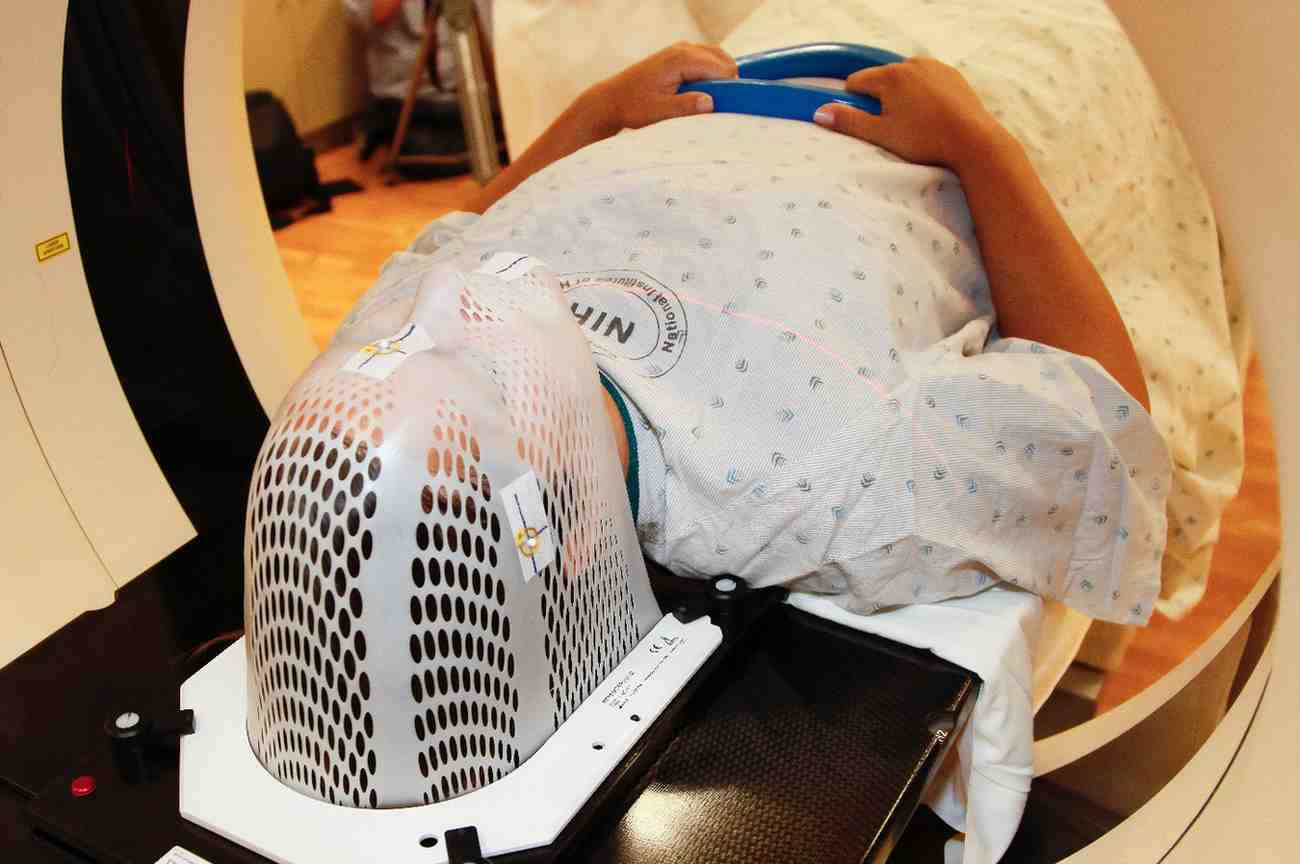Preventive Healthcare
9 Common Brain Stroke Symptoms, Their Risk Factors, Treatments & Diagnosis
7945 Views
0

A brain stroke, also known as a cerebrovascular accident (CVA), is a serious medical condition that requires immediate medical intervention. A brain stroke is the result of a disruption of blood supply to a part of the brain, either due to a blood clot or a ruptured blood vessel. The lack of blood supply can damage brain cells. So it is crucial to get the support of medical professionals without much delay. Medical practitioners can provide all the necessary care and treatment you or your loved ones need.
However, for timely treatment, it is also important to recognise the brain stroke symptoms and seek medical attention immediately to reduce any possible risk.
9 Common Brain Stroke Symptoms
Brain stroke symptoms can vary depending on the location and severity of the brain injury. Here are nine common brain stroke symptoms followed by their treatments:
- Sudden Numbness or Weakness in the face, arm, or leg, especially on a particular side of your body: This is one of the classic brain stroke symptoms.
- Sudden Confusion or Trouble Speaking: This is another common brain stroke symptom.
- Sudden Loss of Vision: Sudden loss of vision can occur in the case of a brain stroke, also known as a cerebrovascular accident (CVA).
- Sudden Difficulty in Walking: You may experience dizziness. You may also experience a loss of balance or coordination.
- Sudden unusual and severe headache: This could be a sign of a brain stroke that happened by bleeding in the brain (hemorrhagic stroke).
- Nausea or Vomiting: This is a common symptom of stroke, but treatment is focused on addressing the underlying cause of the stroke.
- Trouble with Memory or Reasoning: This is a less common stroke symptom, but it can occur.
- Sudden Changes in Mood or Behaviour: This is another less common stroke symptom, but it can occur.
- Difficulty Swallowing: This is a common stroke symptom, especially in more severe strokes.
If you or someone you know experiences any of these symptoms, it's important to call for medical assistance immediately. The faster the treatment is received, the better the chances of recovery.
Risk Factors of Brain Stroke
The risk factors of stroke can be classified into two: medical risk factors and lifestyle risk factors.
Medical Risk Factors: The medical risk factors of a brain stroke are:
- High cholesterol
- Blood pressure
- Diabetes
- Obstructive sleep apnea
- Cardiovascular diseases
- A family history of stroke
Lifestyle Risk Factors: The lifestyle risk factors of a brain stroke are
- Physical inactivity
- Obesity
- Cigarette smoking
- Use of illegal drugs like cocaine and methamphetamine
- Alcohol consumption
There are several lifestyle changes and medical interventions that can help reduce the risk of stroke.
When Should You Consult A Doctor?
Seek medical assistance quickly after experiencing brain stroke symptoms. Also, think FAST. FAST is an acronym that can help you quickly recognize the most common symptoms of a brain stroke. It stands for:
- F - Face drooping: One side of the face may feel numb or droop. Ask the person to smile and see if the person's smile is uneven.
- A - Arm weakness: One arm would feel weak or numb. Ask the person to raise the arms and see if one arm drifts downward.
- S - Speech difficulty: The person may have difficulty in speaking or slurred speech. Ask the person to repeat a simple sentence, such as "The sky is blue."
- T - Time to call for emergency help: If you or someone around you experiences any of these difficulties, it's important to call for medical assistance immediately.
Treatments for Brain Stroke
Brain stroke is most commonly caused due to the formation of blood clots in any of the blood vessels in the brain. There are several treatment options for stroke, depending on the type and how quickly it's identified. Here are some common treatments:
- Clot-Busting Medications: If the stroke is caused by a blood clot, clot-busting medications such as tissue plasminogen activator (tPA) may be given to dissolve the clot and restore blood flow to the brain.
- Mechanical Thrombectomy: This is a minimally invasive procedure in which a small device is inserted into a blood vessel to remove the blood clot in the brain.
- Anticoagulants: If the stroke is caused by a blood clot and the patient can't receive clot-busting medication, anticoagulants may be used to prevent further clots from forming.
- Surgery: In some cases, surgery may be necessary to remove a blood clot or repair a ruptured blood vessel.
- Rehabilitation: After a stroke, rehabilitation may be necessary to help the patient recover and regain their ability to perform daily tasks. This may include physical therapy, occupational therapy, and speech therapy.
Conclusion
Remember that every minute counts when it comes to stroke. The faster the treatment is received, the better the chances of recovery. Don't ignore the symptoms of stroke, even if they seem to go away on their own. Act FAST and call for help. If your doctor asks you to do blood tests and other health checkups, do not hesitate to follow those. Specialists in pathology labs like Metropolis India will help you. Trust your healthcare providers and they will take care of the rest!























 WhatsApp
WhatsApp